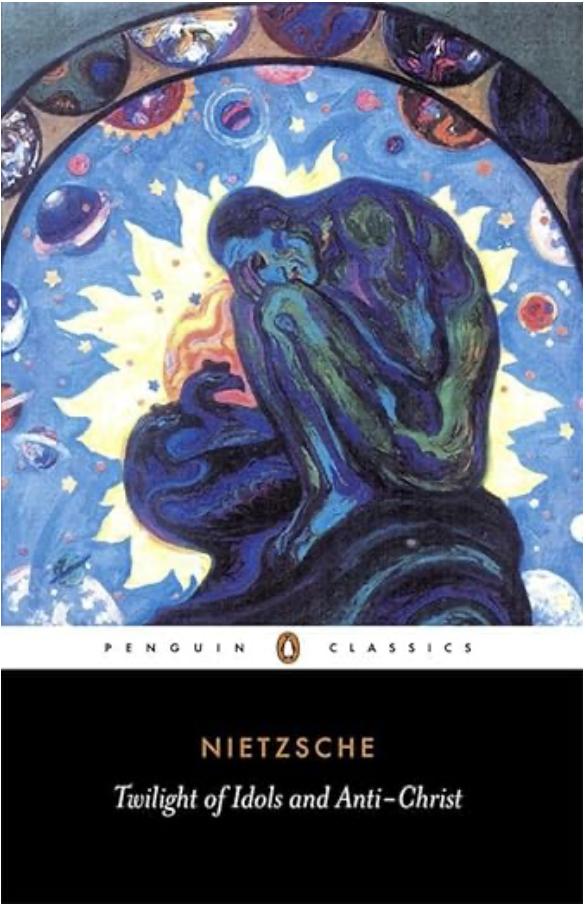
In some ways the most radical of Nietzsche's works, the alternative title is 'How to philosophise with a Hammer'. Nietzsche hammers at the idols we choose to worship. He argues that the worshipping of the past and the philosophers of the past negates the human life we are living now. He sees the supression of our senses in favour of reason as an error in our human development - we must trust and listen to these senses more. The core message is the need for self-examination of ourselves and society. To do this requires honest and often ruthless questioning.
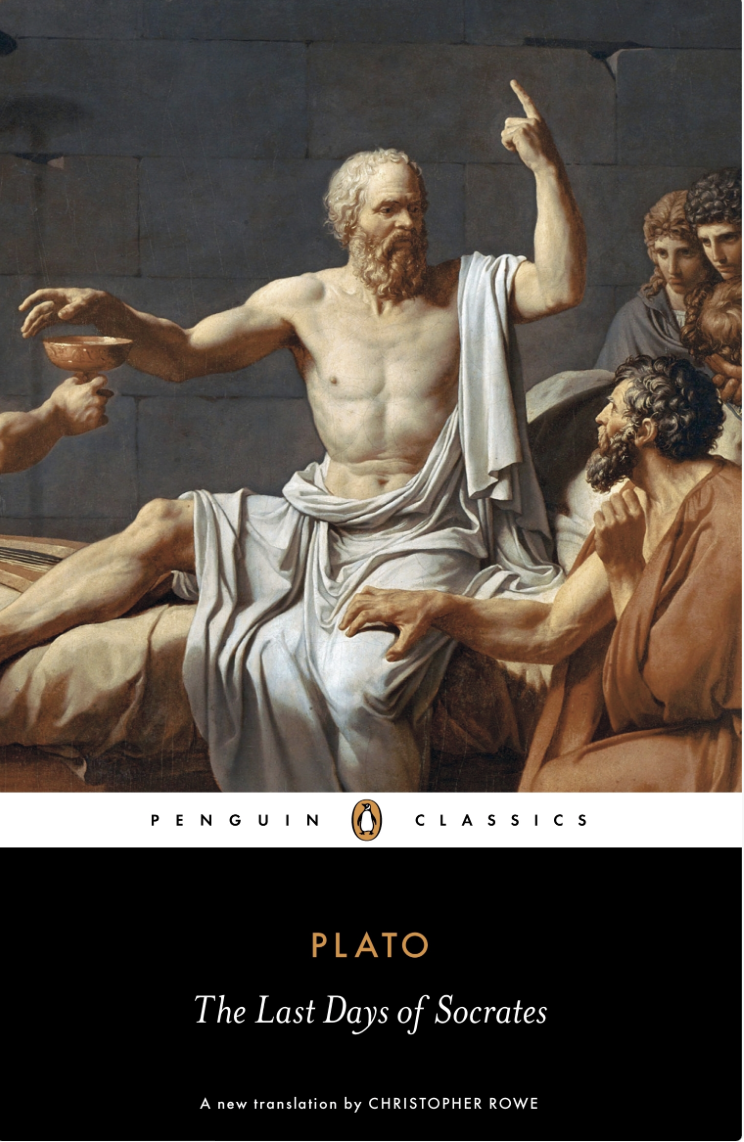
The last days of Socrates is a cornerstone of Western Philosophy. Plato presents us with four unique dialogues. In these discussions Plato explores the idea of piety, the nature of justice, on not just living but living well and, in the last of the dialogues, 'The Phaedo', the immortality of the soul. Plato demonstrates how such a belief in the souls immortality allowed Socrates to face death with equanimity. We can be assured that if we have not committed evil out of ignorance in the physical world, we can also meet death in the same state of imperturbable tranquillity.
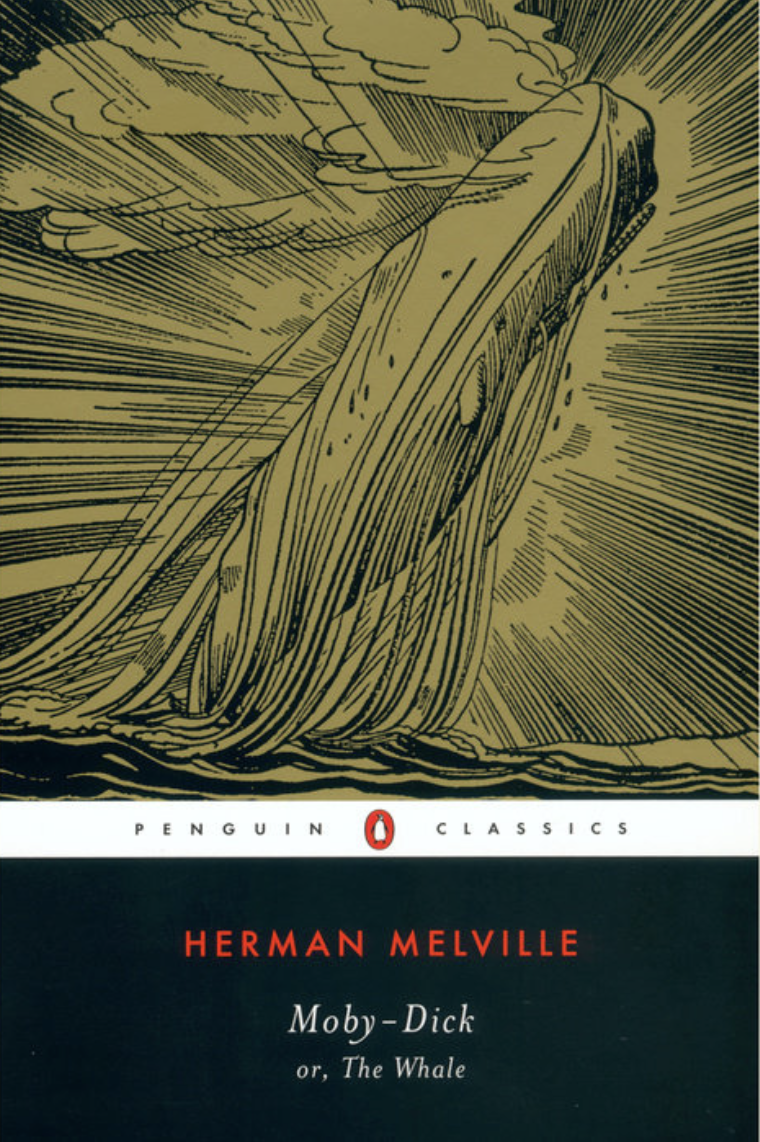
Moby Dick is among the greatest works in American Literature. Melville explores the nature of faith, the need to believe and our fated existence, all symbolised in the epic and calamitous quest to slay the monstrous White Whale. Melville illustrates that our human desires are as great and powerful as they are destructive. Our significance is formed out of the ideas and concepts we create, but it is dwarfed by the nature we are born from and into. The absudity of our existence is fighting this inevitability, of attempting to conquer the unconquerable whale.
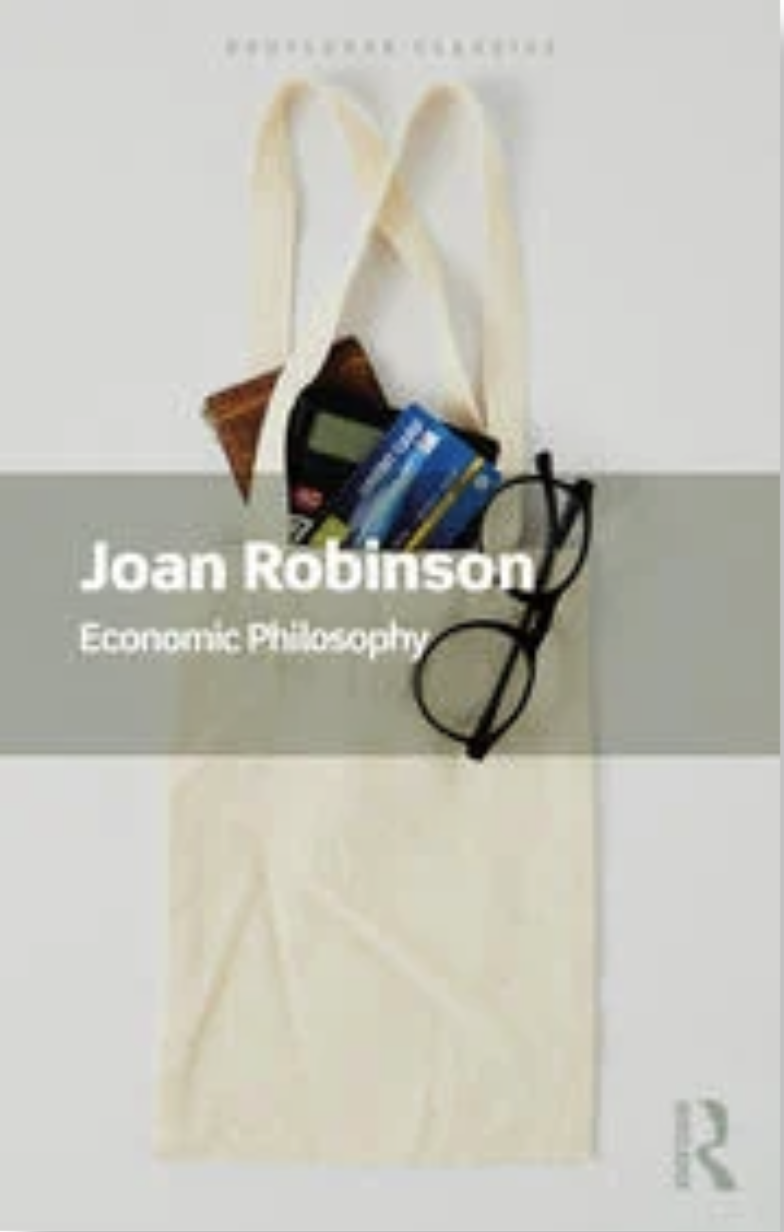
Economics is a discipline that desperately wants to be considered a pure science, in the same vein as the natural sciences are. Such an objective has led to the evolution of a more mathematical and rigorous approach to economics, both in the construction of models and modern economic analysis. Yet fundamentally, as Robinson argues in this book, Economics is full of untestable ideas and assumptions - the dogma of economic orthodoxy. Only once this core ideology is challenged can economics be considered a science.

Wittgenstein's Tractatus is one of the core texts of modern analytic philosophy. A notoriously difficult read, the reader must be familiar with formal logic and the history of analytic and metaphysical philosophy to first have a chance at grasping the concepts Wittgenstein is dealing with. Despite this difficulty, it is a rewarding read for those willing to put in the time. Wittgenstein argues that philosophy can never 'get it right' and that the senseful language we use cannot express reality but only partly show it. This line of thinking led to the famous and enigmatic sentence, 'whereof one cannot speak, thereof one must be silent'.
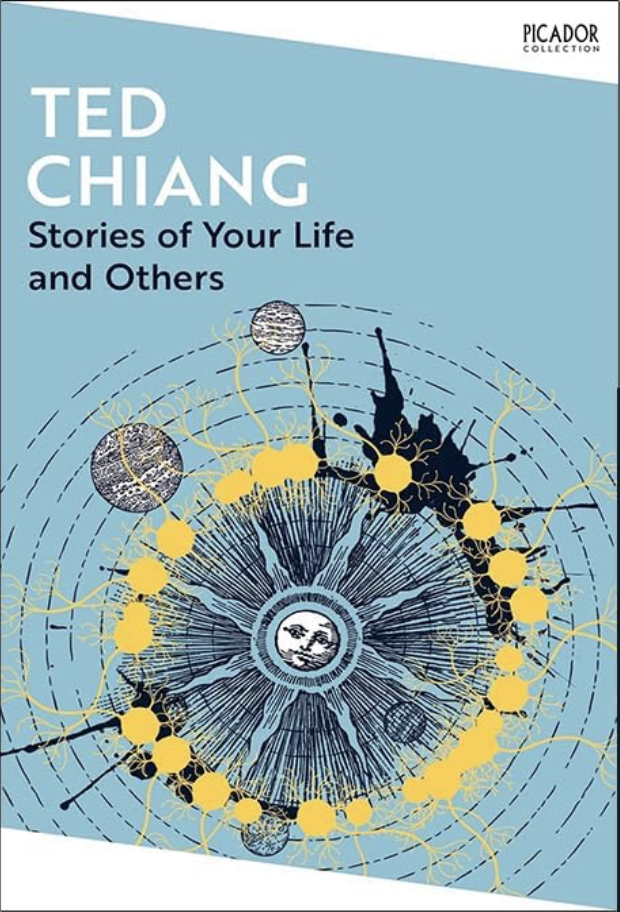
The Sci-Fi short stories Chiang presents in this book are deep and thought provoking. Chiang explores known problems in physics, neuroscience, mathematics and the philosophy of science through unique narratives. We see the consequences of a super-intelligent human being, we are presented with a language that alters our perception of reality, of evangelical deities who walk the earth and perform miracles at the cost of irrevocable damage and a technology that removes our ability to perceive beauty in a bid to end aesthetic discrimination.
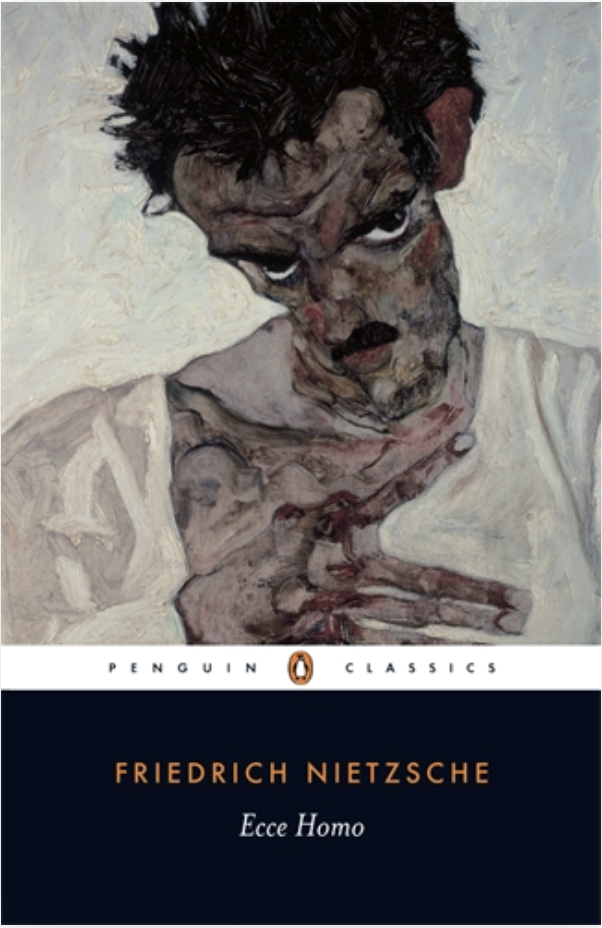
Nietzsche's Ecce Homo was the last of his official works before he lost his mind. It is an autobiography that is in some ways like no other. It is arrogant to the point of being distasteful, but for those that have an appreciation for Nietzsche's other ideas you come to understand that what he is driving at is a deep and unapologetic honesty. Ecce Homo defies the insincere modesty society extols and recognises the significance and power of the individual.
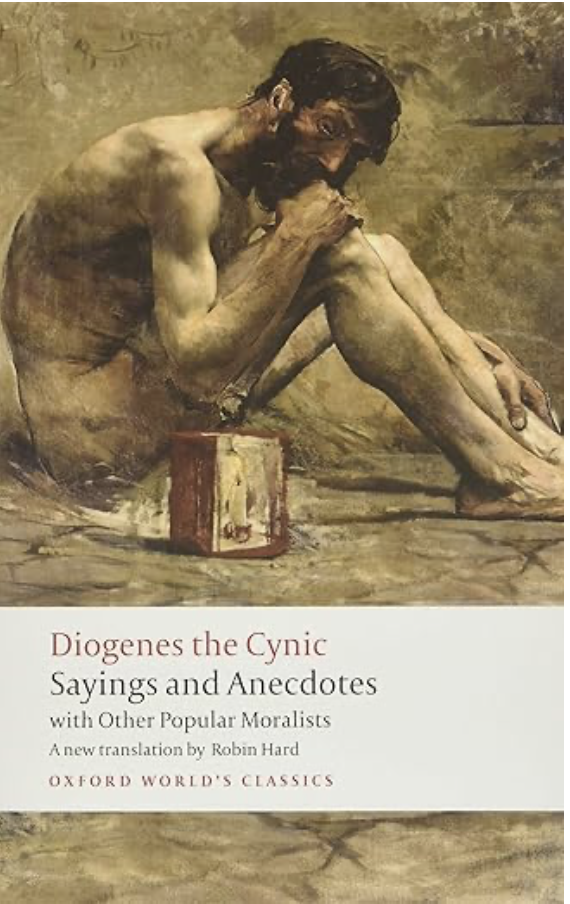
Diogenes' ideas formed the basis for the Cynic school of philosophy. The cynics questioned and often scorned the conventions of civilised life. They argued and demonstrated that no amount of property can fulfill the deeper needs of humans. Diogenes believed his ascetic life to be the path for human flourishing and excellence. As great effort is required to maintain such a radical existence, many fall short of achieving this state. Not all the ideas in the cynics philosophy are sustainable, however the questions they raised over what we value are important and well placed in our modern high consumption landscape.
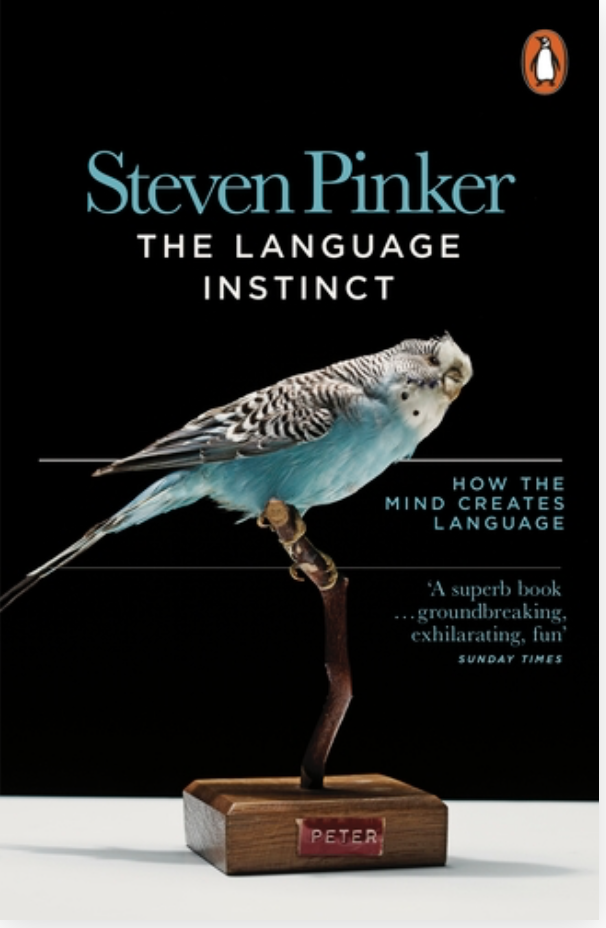
Steven Pinker's thinking is a product of Noam Chomsky's theories of language. Chomsky believed the acquisition of language was achieved through the Language Acquisition Device (LAD), a hypothetical structure within the brain that all humans possess at birth. Pinker builds on this idea in his book by suggesting there to be a universality in language. According to Pinker, all languages are built on a similar grammatical structure and that the language mechanism used to understand this structure is encoded and built into the brain. In a sense, the core argument is that our ability to understand and speak language is a biologically inherited trait.
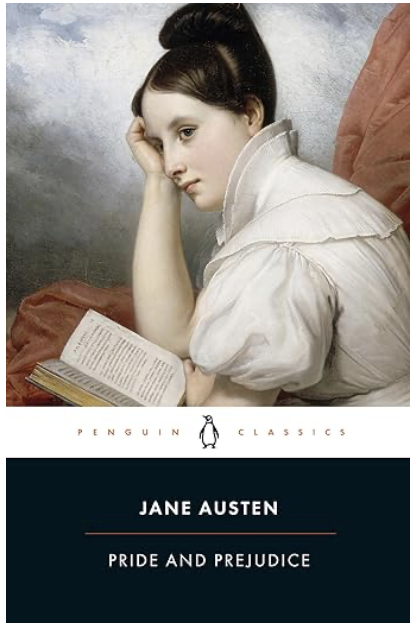
Pride and Prejudice (1813) is as much a book of psychological insight as it is one of historical and social insight. As Austen demonstrates in the prose and wit which came to characterise that of her other works, such as Emma (1815), we all seem to judge one another, either implicitly or explicitly. Though we might think these judgements of ours are either perceptive or astute, they are often neither. Instead, our judgements are usually inaccurate and only seem to reflect our own innate beliefs and biases.
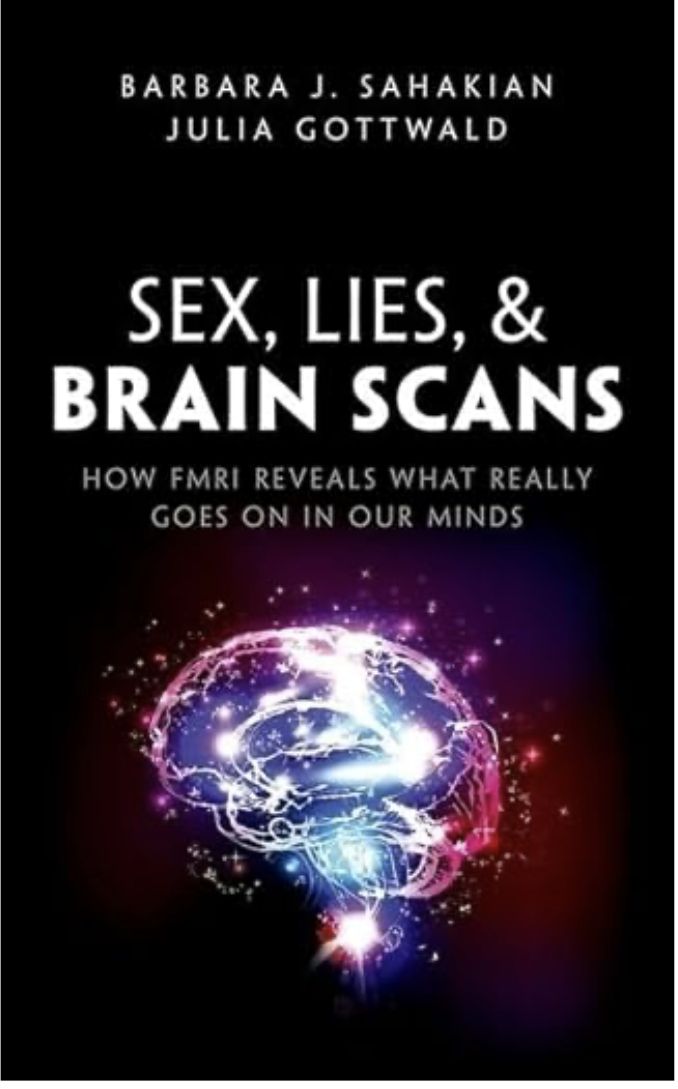
The use of brain imaging technology has fast become a fundamental technique in the study of neuroscience. Though it is a leap in reasoning to suggest we can infer the inner workings and thoughts of the mind, fMRI is certainly providing a step towards understanding the neural mechanisms of a range of happenings; from the everyday occurrences in our lives, to broader questions regarding decision making and valuation. Sahakian and Gottwald cover topics from the neural correlates of deception to the neuroscience of racial bias, all revealed through fMRI studies.
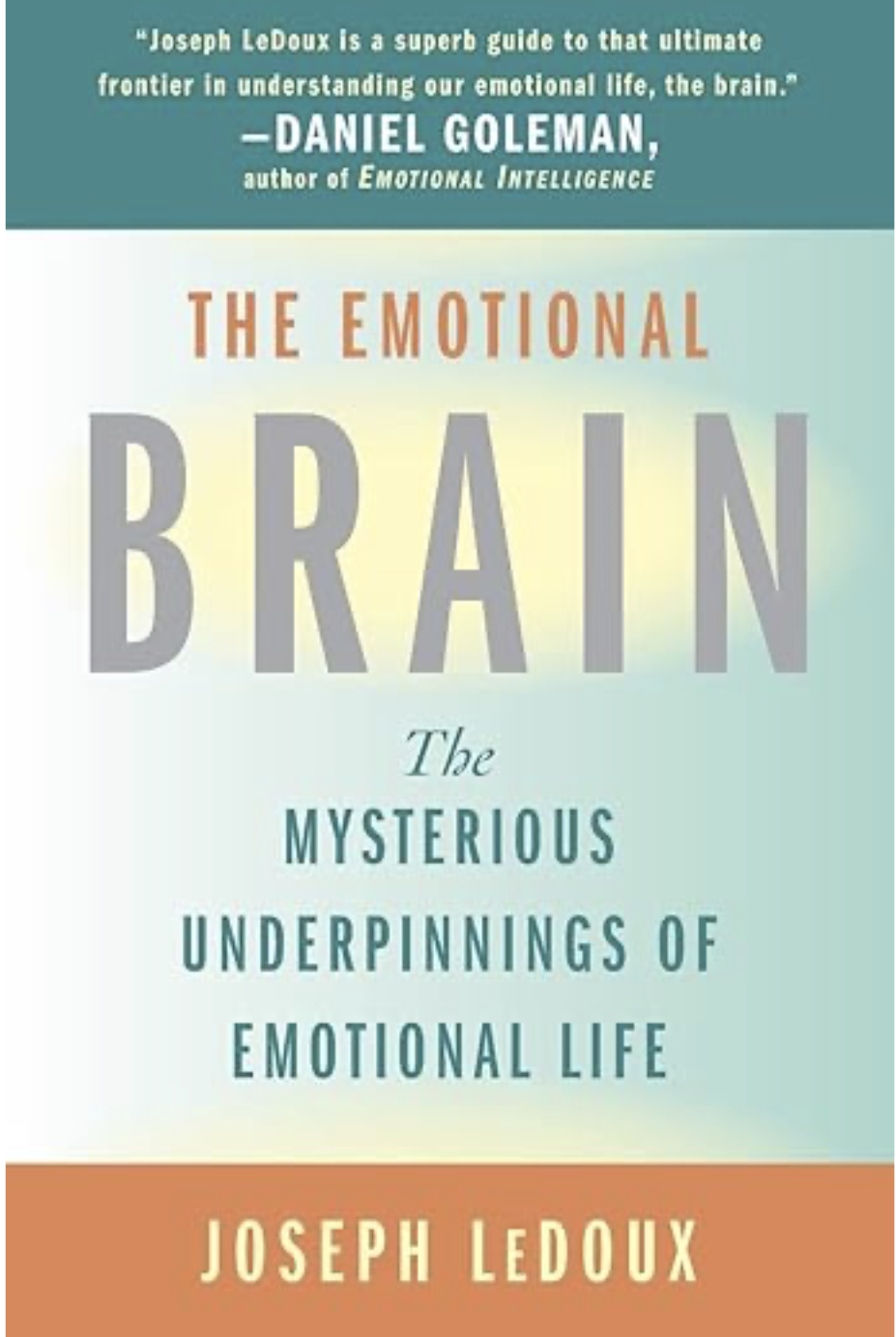
Emotions are the guiding force behind our actions. From literature to philosophy, the exploration of emotion has often been grounded in the belief that the drive of human nature has its underpinnings in emotions. LeDoux suggests emotions are created through a wide and intricate network of neural systems that evolved as a means to make complex decisions and fundamentally, aid us in survival. LeDoux’s stance implies emotions are embedded in our neural circuitry, rather than being context dependent, as some neuroscientists such as Lisa Feldman Barrett have otherwise argued.


